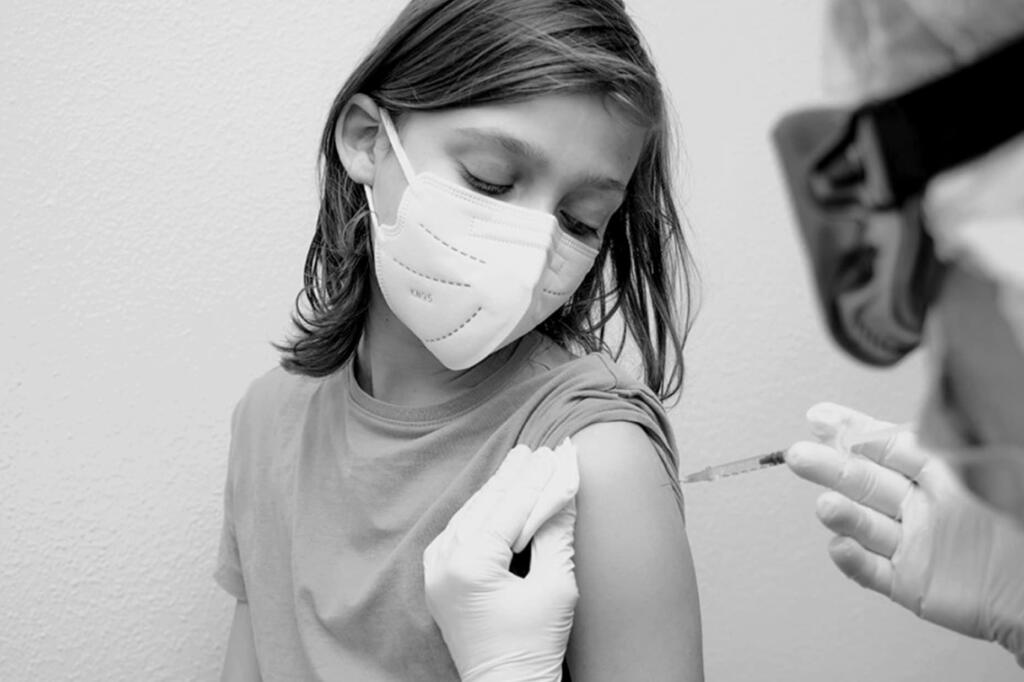Pfizer COVID-19 vaccinations have now been approved for 5-11 year olds, and here’s what you need to know.
Children as young as 5 could soon be eligible for the Pfizer COVID-19 Vaccine after the Therapeutic Goods Administration has endorsed its use in 5-11 year olds. With this potential expansion of eligibility for the COVID-19 vaccine, several questions arise regarding whether the COVID vaccine will become mandated for children in Australia.
Managing Director of Leach Legal, Catherine Leach, was interviewed by Channel Nine News to explore what this means for West Australian Parents.
Watch the Full Video from Channel 9 here.
Could parents be denied welfare if their child doesn’t receive a COVID vaccine?
Currently, Australian parents are only eligible for childcare subsidies and Family Tax Benefit A if their children are fully vaccinated. At present the COVID vaccine is not on that list, leaving uncertainty for Australian parents receiving child welfare payments. Given that the Australian government has historically mandated vaccinations for other diseases such as Pneumococcal, Measles, Mumps, Rubella, Tetanus, and Polio under the National Immunisation Program Schedule, there is a precedent that the same could be said for COVID-19 vaccinations.
If mandated, do parents have any legal standing to refuse the vaccination of their children?
At a recent press conference, the Australian Federal Health Minister Greg Hunt was asked whether there would be a “No Jab, No Play” policy. Mr Hunt’s response suggested that there was no expectation this would occur. While a full mandate is unlikely at this stage, we are likely to see an extension of sanctions around welfare payments.
What about separated parents or those that just don’t agree with vaccinations?
In Western Australia, unless a Court Order is in place, parents have the right to make decisions for their child separately where vaccinations are concerned. With measles, for example, both parents do not need to be in attendance to complete the vaccination of a child.
Inevitably disagreements will occur and, if required, the Family Court is available to make the decision – as proven in the recent case of Covington & Covington (2021). Although Covington & Covington (2021) was not a decision directly related to COVID-19, it displayed the vaccination decision-making capabilities of the Family Court.
Would exemptions be accepted in the case of mandated vaccinations for welfare payments?
Under the current vaccination requirements for welfare payments, medical exemptions are the only proof accepted to support a lack of negative impact on parents’ welfare payments. Interestingly, one of the current exemptions accepted relates to natural immunity. Using chickenpox as an example, a child would not be required to be vaccinated against chickenpox if they had already contracted the disease. However, given the uncertainty surrounding the nature of the COVID-19 virus, it remains to be seen whether natural immunity would ever be considered.
For parents who may be conflicted about vaccinations or struggling to navigate matters of separation, book a 15-minute consultation with Leach Legal for professional legal assistance backed by better outcomes.


